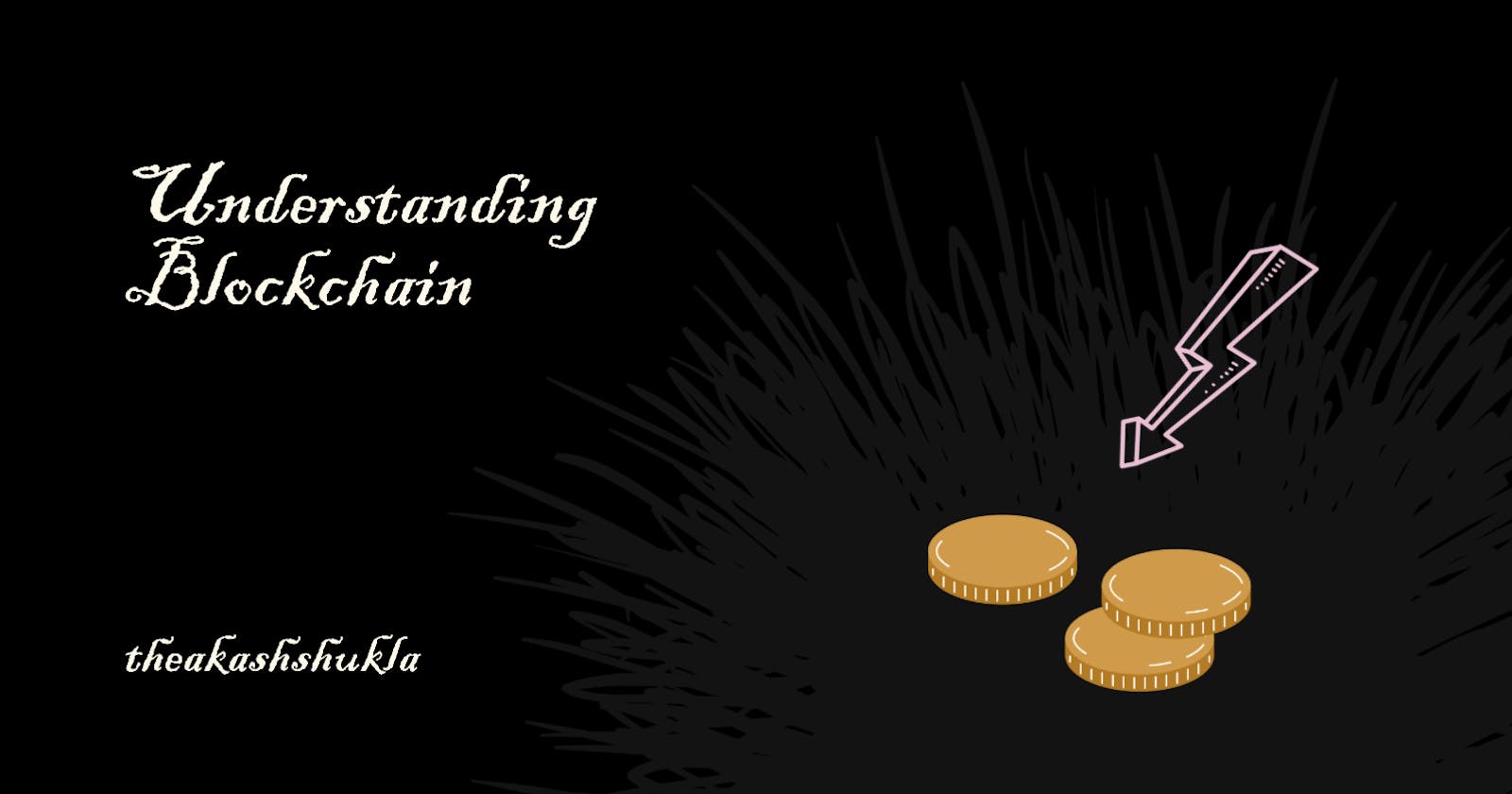Understanding Blockchain: Decentralized Transparency for Secure Transactions
Exploring the Power of Blockchain Technology and Its Real-Life Applications
Introduction to Blockchain
Blockchain is a revolutionary technology that operates as a decentralized digital ledger. It securely and transparently records transactions, ensuring trust and integrity. Think of it as a distributed database across a network of computers, where each participant holds a copy.
The Structure of Blockchain
Each chain in this system is made up of blocks, which contain verified transactions. Once a block is added to the chain, its contents cannot be altered. This immutability makes blockchain a trustworthy system for tracking and recording transactions across the globe.
Real-World Applications
Blockchain's association with cryptocurrencies like Bitcoin is well-known. However, its potential extends far beyond finance. It can be harnessed in areas such as supply chain management, voting systems, and digital identity verification. This versatility underscores its transformative impact on various sectors.
Bitcoin: The Cryptocurrency Pioneer
Bitcoin is a cryptocurrency designed to function as a form of payment and currency outside the influence of centralized entities. It operates on a blockchain, ensuring transparency and security. Bitcoin's creation in 2009 by the pseudonymous Satoshi Nakamoto marked the birth of blockchain technology.
Advantages of Bitcoin and Blockchain
Decentralization: Bitcoin operates without intermediaries like banks, enabling direct peer-to-peer transactions.
Security: The use of advanced encryption ensures robust security and resistance against hacking.
Anonymity: While transactions are recorded publicly, the identities of participants remain confidential, offering privacy.
Methodology and Utilization
Utilizing Bitcoin requires a digital wallet, a software program facilitating sending and receiving transactions. This wallet is crucial for securely managing your Bitcoin holdings. It's worth noting that blockchain, beyond Bitcoin, is the foundational technology that enables such secure, transparent, and efficient processes.
As blockchain technology evolves, its applications continue to expand, revolutionizing industries and redefining how we perceive trust, security, and transparency in transactions.
Thank You 💖
If you enjoyed this post, I would be honoured if you would consider following me on GitHub and Twitter. I often share additional resources, updates, and insights on these platforms, and I would love to connect with you there.
Thank you again for your support
